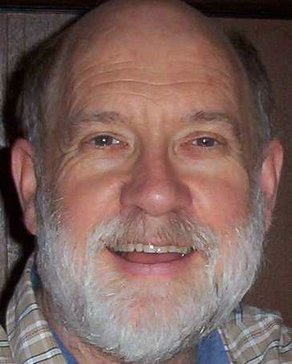This whetted my appetite for reading the whole bible, and I am following Michael Coley's 52 week bible reading plan, which divides the bible into 7 genres. I prefer reading whole books, and am not following the plan exactly, but find the chart handing for seeing where I'm up to! And what's left.
I began this at the beginning of June and am now 3/4 of the way through. I am using my ESV Reformation Study Bible, edited by R C Sproul, and am reading the book outlines and articles as well, and some of the notes. The ESV is not as easy to read as the TNIV, and is not written in the language people speak, though I'm familiar with the language, having attended church for over 50 years and having read the bible in the KJV, the RSV and the NIV versions during those 50 years.
The translators of the ESV claim that versions such as the TNIV are not using proper English when they use the singular they, seemingly unaware that using a generic plural instead of masculine pronouns has been part of English for hundreds of years.
But it is also used by the article writers in the ESV itself. Here is an extract from the helpful page on The Unpardonable Sin on page 1421 in the edition I'm using:
A person who wants to repent, that is, to reverse the sins they may be guilty of, has not suffered this hardening and has not committed this profound act of hatred that God has determined he will not forgive.
Note the mixing of plural and singular in the one sentence here! We were taught it was wrong in our grammar classes, but it is the way people speak, and it seems, also write.

